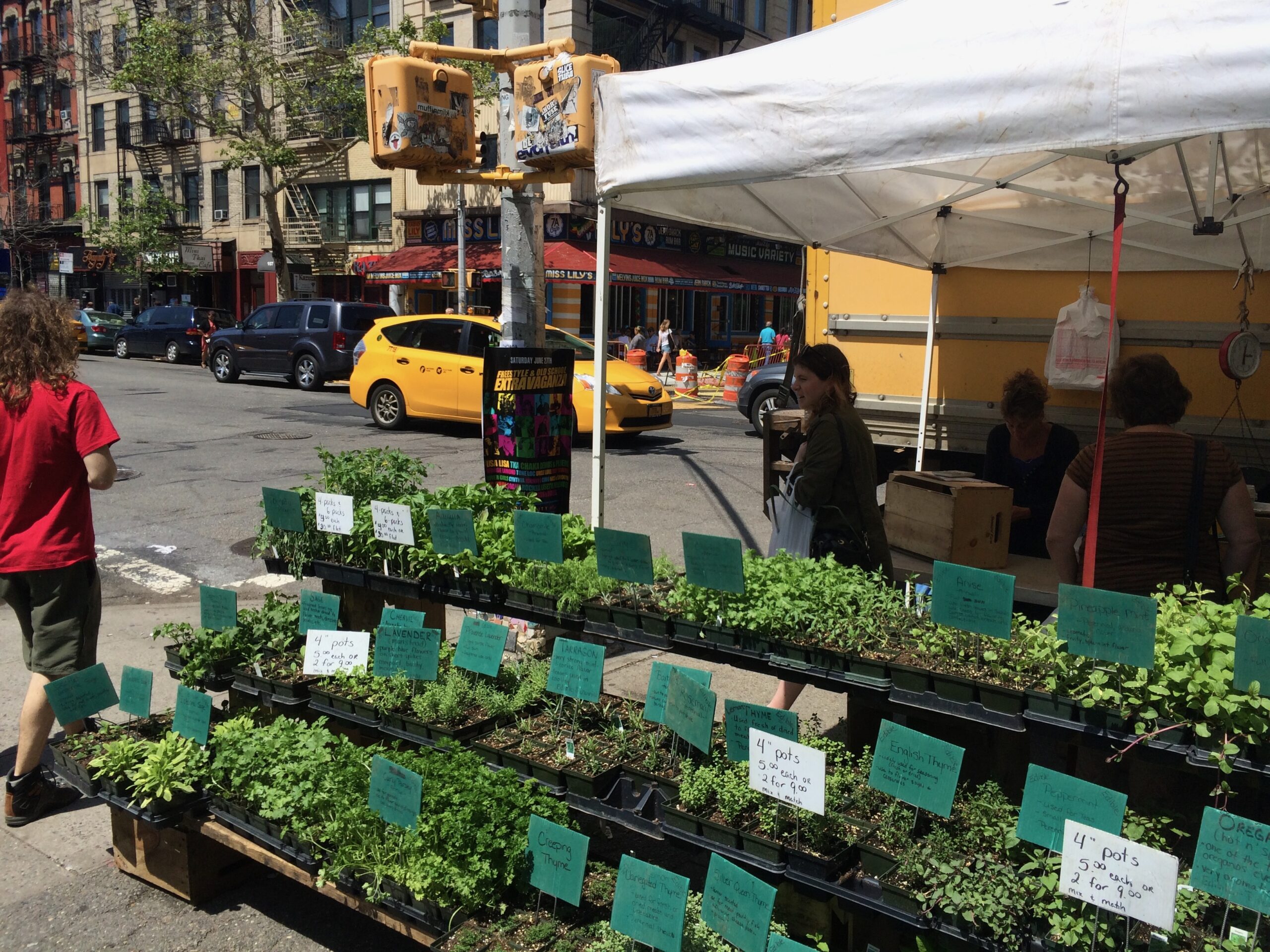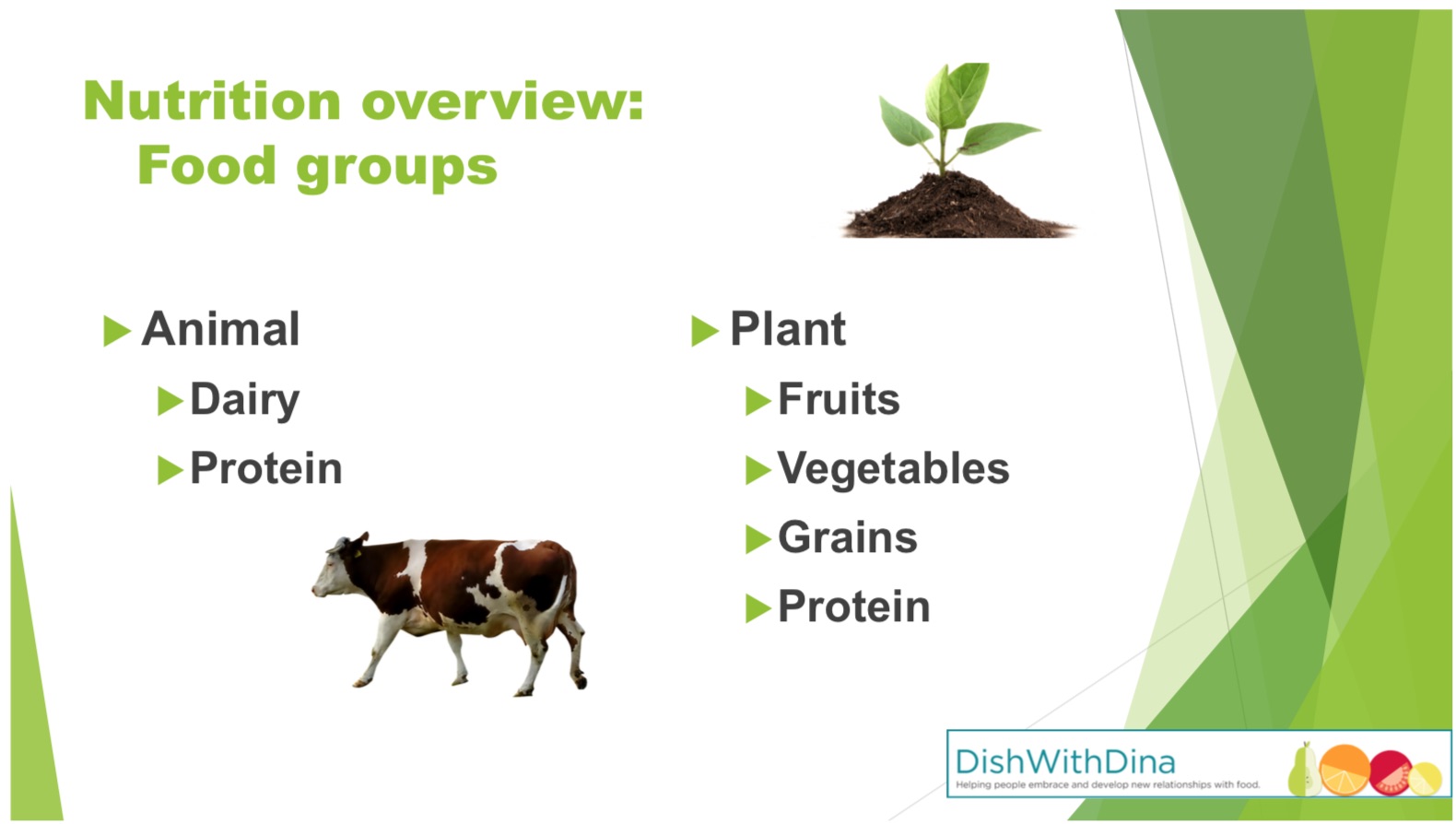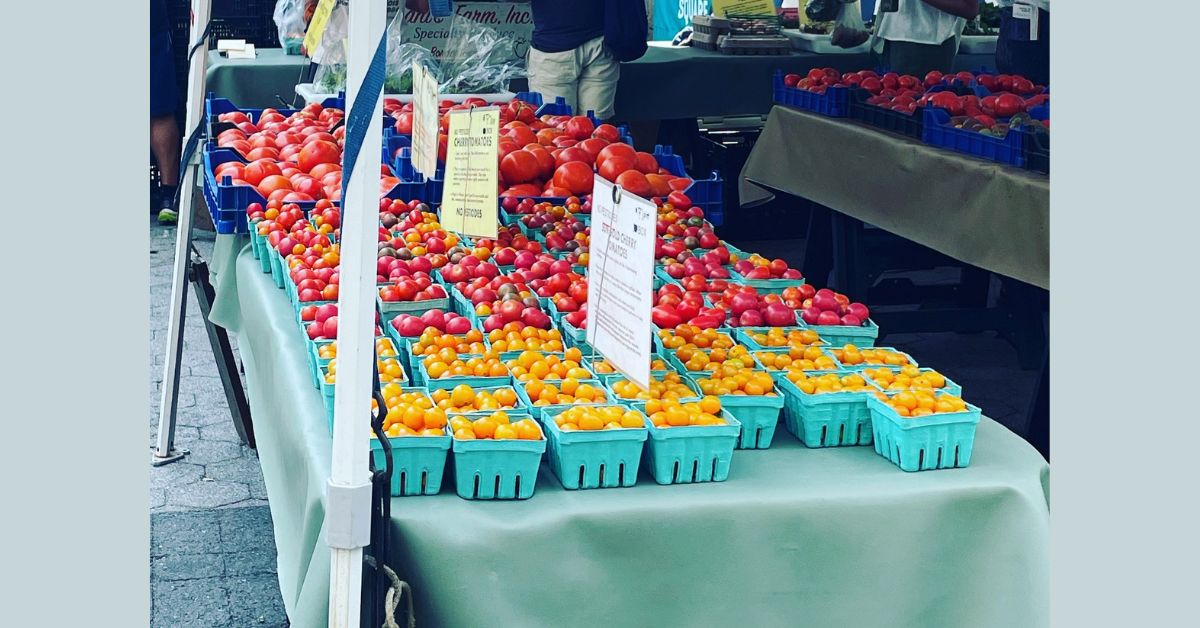Nourishing your body through nutrient-rich choices that are good for both you and the planet.
There’s no escaping the “New Year, New You” phenomenon that happens every January. From productivity gurus talking about resolutions and goals to the onslaught of health and wellness professionals (present company included) telling you what to eat, what not to eat, how to diet, how not to diet, and why you need to start working out right now.
It can be overwhelming.
But new habits don’t have to start on the first of the year, or on a Monday, or as soon as you perfect the last new habit. They can start any time and they can be flexible.
The Power of Plant-Based Nutrition
Case in point: If you’ve been wanting to learn more about plant-based foods and incorporating more fruits, vegetables, legumes, and/or grains into your weekly meals, you can start small and make changes as you determine your taste preferences, learn about the availability of seasonal and local produce, or experiment with flavors and cooking methods [1].

It’s no secret that plants benefit our health. The phytonutrients found in vibrant fruits and veggies help keep our body functions working and disease at bay in a way that animal foods don’t; but that doesn’t mean both categories can’t find harmony on your plate [2].
Harvesting Colorful Nutrients
At your next meal or snack, count up the colors or the food groups in front of you to get a feel for what your normal eating patterns are like and if you think there might be room for improvement or variety. If so, for one week only, add some plants to your plate. That’s right. I said “add.” No need to get rid of anything you’re already eating; just start including some new items off the “plant” list below.

Pick a few of your favorites and toss them into as many of your meals or snacks as possible for one week. Depending on your location and what’s in season, you might be able to find fresh citrus fruits or berries (or use frozen, if preferred), packaged, pre-washed veggies like baby spinach or mesclun mixes are convenient and usually available year-round, and you can always find bagged or canned plant-based proteins like beans, peas, nuts, and seeds in the grocery store. At the end of the week, ask yourself the following questions:
- Was this easy?
- Did I enjoy this?
- Could I do this again?
If yes to all three, then keep going! If no, then decide if you want to try a different item, method, or stop altogether and re-assess at a later date.
Sowing the Seeds of Long-Term Health
Regardless of how and where you get your food, the importance of a well-balanced diet includes incorporating proteins, carbohydrates, and healthy fats for a positive impact on energy levels and satiety [3].
If you’re not sure where to begin, click here or here to learn more about adding plants to your meals; follow me on Instagram for some easy-to-make, colorful and flavorful dishes that revolve around plants; or book a call with me and let’s figure out a plan of action together!



0 Comments